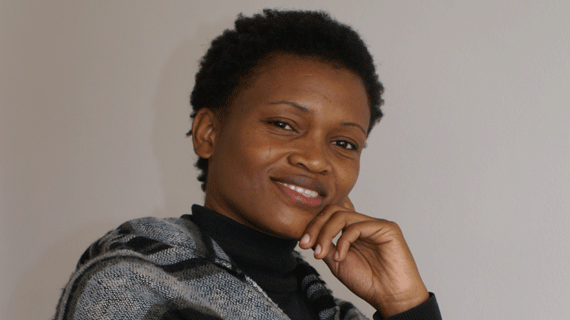
ZIMBABWE has been struggling with negative publicity since the year 2000 when it embarked on a contentious land reform programme.
Nonto Masuku [email protected]
The international media has been on overdrive about the country’s political and economic environment resulting in negative perceptions about Brand Zimbabwe.
Last Tuesday, a piece of good news emerged from Bulawayo.
NoViolet Bulawayo (pen name of Elizabeth Tshele), launched her book We Need New Names at the National Gallery in Bulawayo.
Her book has won several awards and has also been named for the 2013 Man Booker Prize shortlist.
This makes NoViolet the first black African woman and the first Zimbabwean to be shortlisted for the Man Booker Prize.
The Man Booker Prize for Fiction is a literary prize awarded each year for the best original full-length novel, written in English.
- Chamisa under fire over US$120K donation
- Mavhunga puts DeMbare into Chibuku quarterfinals
- Pension funds bet on Cabora Bassa oilfields
- Councils defy govt fire tender directive
Keep Reading
It is the world’s most important literary award and has the power to transform the fortunes of authors and publishers.
NoViolet has made the country proud.
This was clearly demonstrated by the way Bulawayo came out in droves to witness her book launch.
A nation’s brand generally refers to the common images, perceptions and associations held in the international arena pertaining to that country.
The way a country is perceived can make a critical difference to the success of its business, trade and tourism efforts, as well as its diplomatic and cultural relations with other countries.
Simon Anholt, an independent policy advisor, developed the Nation Brands Index in 2005 as a way to measure the image and reputation of the world’s nations and to track their profiles as they rise or fall.
The index has since been expanded to The Anholt-GfK Roper Nation Brands Index.
It measures the power and quality of each country’s “brand image” by combining the following six dimensions: Exports, governance, culture and heritage, people, tourism, investment and immigration.
Essentially, all the aforementioned dimensions affect the brand image of a country.
I wish to zone in on the “people” aspect for the purposes of this article.
This measures the population’s reputation for competence, education, openness and friendliness and other qualities.
All citizens of Zimbabwe fall under this category. This would suggest that we all have a part to play in making brand Zimbabwe become a sought after and reputable asset.
Like NoViolet, we can all do something positive as individuals and effectively raise the Zimbabwean flag high.
In so doing, we will contribute to changing the negative perceptions and mindsets of the international community about our country.
We have a real opportunity to build a brighter future for tomorrow’s generations.
The simple question is: What are you doing for brand Zimbabwe?










